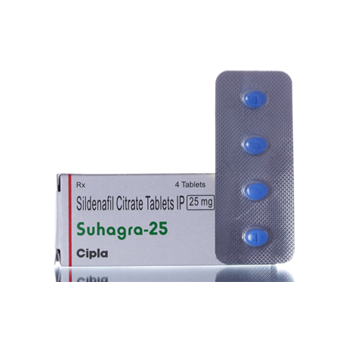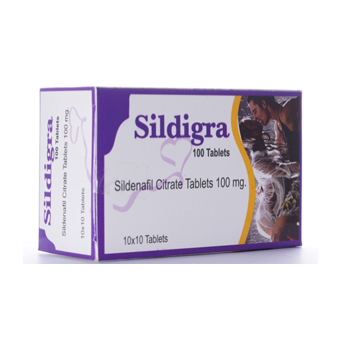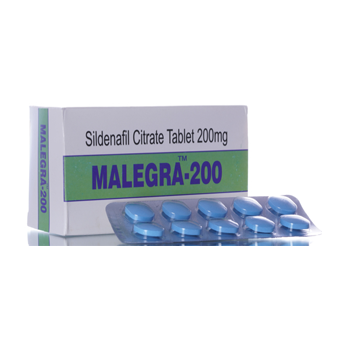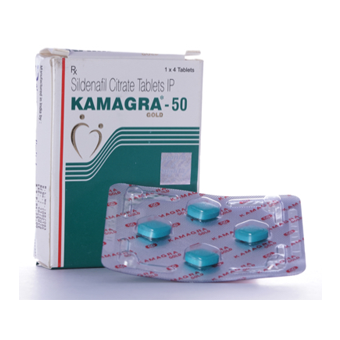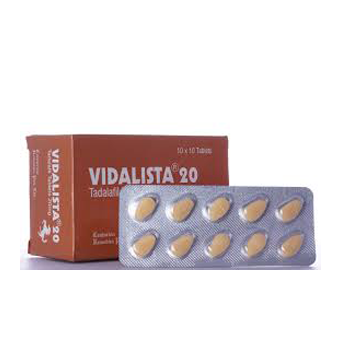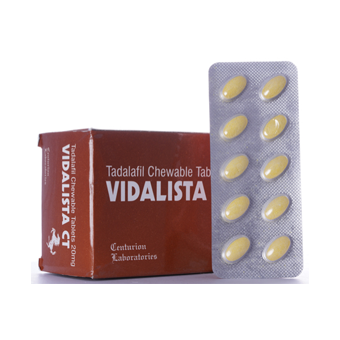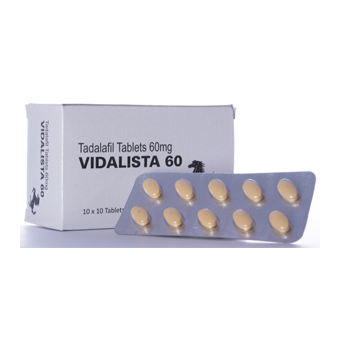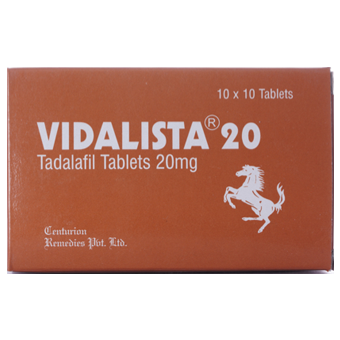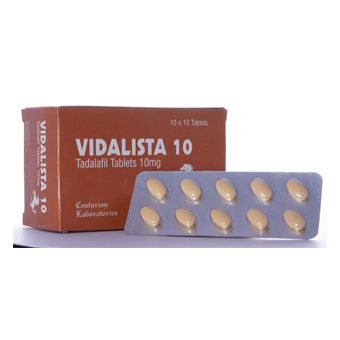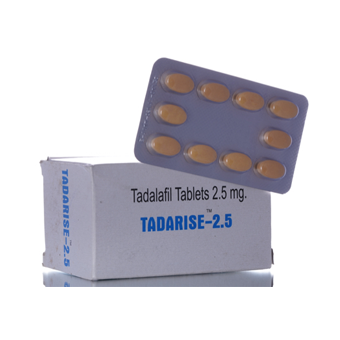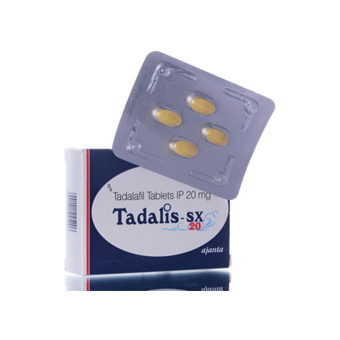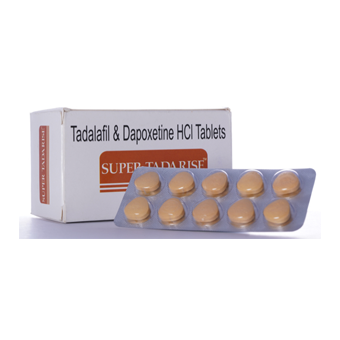Picture this: You’re in the heat of the moment, everything is going well, but before you know it, it’s all over too soon. Premature ejaculation can be a frustrating and embarrassing issue for many men. It not only affects your confidence but can also strain your relationships. However, there is hope. By incorporating some simple lifestyle changes into your routine, you can effectively manage and prevent premature ejaculation. In this article, we will explore five lifestyle hacks that can give you greater control and help you mastering the art of long-lasting pleasure.
Understanding Premature Ejaculation
Before we delve into the lifestyle changes that can make a difference, let’s take a moment to understand what premature ejaculation really means. Premature ejaculation is defined as the condition where a man ejaculates sooner than he or his partner would like during sexual intercourse. It is much more common than you might think, affecting up to 1 in every 3 men at some point in their lives. However, the good news is that it is a treatable condition mastering the art of long-lasting pleasure. There are two types of premature ejaculation – primary and secondary. Primary premature ejaculation occurs consistently from the very first sexual encounter, while secondary premature ejaculation develops after a period of regular sexual function. Common causes of premature ejaculation include psychological factors such as stress, anxiety, and performance pressure, as well as hormonal imbalances and certain medical conditions. Now that we have a clearer understanding of the issue, let’s explore the power of lifestyle changes in managing and preventing premature ejaculation.The Role of Lifestyle in Controlling Premature Ejaculation
Lifestyle modifications play a crucial role in tackling premature ejaculation. By adopting healthy habits, you can enhance your sexual function and performance naturally. A holistic approach that targets both the mind and body is particularly effective in combating this condition.Mind-Body Techniques to Boost Control
The power of the mind should not be underestimated when it comes to sexual performance. By practicing mental techniques, you can prolong sexual encounters and gain better control over ejaculation. Deep breathing exercises and meditation are excellent ways to relax and focus during intimate moments. By slowing down your breath and clearing your mind, you reduce anxiety and enhance your ability to stay present in the moment. Sensate focus and mindfulness techniques, which involve exploring and appreciating physical sensations, can also help you develop greater body awareness and control over your responses. Additionally, visualizations and positive affirmations can boost confidence and rewiring your thoughts for improved performance.Exercise and Physical Wellness
Physical fitness is not only vital for overall health; it also enhances sexual well-being. Engaging in regular exercise can significantly contribute to delaying ejaculation and improving stamina. Aerobic exercises like jogging, swimming, or cycling can improve cardiovascular health and increase endurance in the bedroom. Additionally, incorporating specific exercises that target the pelvic floor muscles, such as Kegel exercises, can provide better control over ejaculatory reflexes. Remember, a balanced diet is equally important. Avoiding excessive consumption of processed foods and embracing a diet rich in fruits, vegetables, whole grains, and lean proteins can optimize overall sexual function. Certain foods, such as oysters, bananas, and dark chocolate, are believed to have aphrodisiac properties and may naturally boost your sexual performance.Holistic Approaches and Natural Remedies
In addition to lifestyle changes, various alternative techniques and natural remedies can complement your efforts. Ayurveda, a traditional Indian medicinal system, and acupuncture have been used for centuries to treat sexual health issues, including premature ejaculation. Some practitioners also recommend natural supplements like zinc, ginseng, and ashwagandha for their potential benefits in improving sexual stamina and control. However, it is important to consult with a healthcare professional before trying any new supplement or alternative therapy.Communication and Emotional Support
A healthy and fulfilling sexual relationship involves open and honest communication with your partner. By discussing your concerns and preferences openly, you can both work together towards overcoming premature ejaculation. An understanding and supportive partner can significantly alleviate performance anxiety and create a more relaxed and enjoyable environment. Managing anxiety and stress is also crucial for controlling premature ejaculation. Engage in stress-reducing activities like meditation, yoga, or hobbies that you enjoy. Additionally, if you feel that your premature ejaculation is significantly affecting your mental and emotional well-being, it may be helpful to seek professional assistance. Couples therapy, sex therapy, or counseling can provide you with valuable tools and resources to address the underlying factors contributing to your condition.Lifestyle and Its Influence on Sexual Health
It is important to recognize that your lifestyle choices have a significant impact on your sexual health. Unhealthy habits, such as excessive alcohol consumption, smoking, or a sedentary lifestyle, can contribute to sexual dysfunction, including premature ejaculation. By adopting an overall healthy approach to life, you can positively influence your sexual well-being. Remember, premature ejaculation is a common challenge, and you are not alone. By incorporating these simple lifestyle changes, you can take control of your sexual performance and regain confidence in the bedroom. Don’t let premature ejaculation define your intimate experiences – mastering the art of long-lasting pleasure and embrace the fulfilling sexual life you deserve. Disclaimer: The information in this article is intended for informational purposes only and is not a substitute for professional medical advice, diagnosis, or treatment. Always seek the advice of your physician or qualified healthcare provider with any questions you may have regarding a medical condition.No products found
No products found



